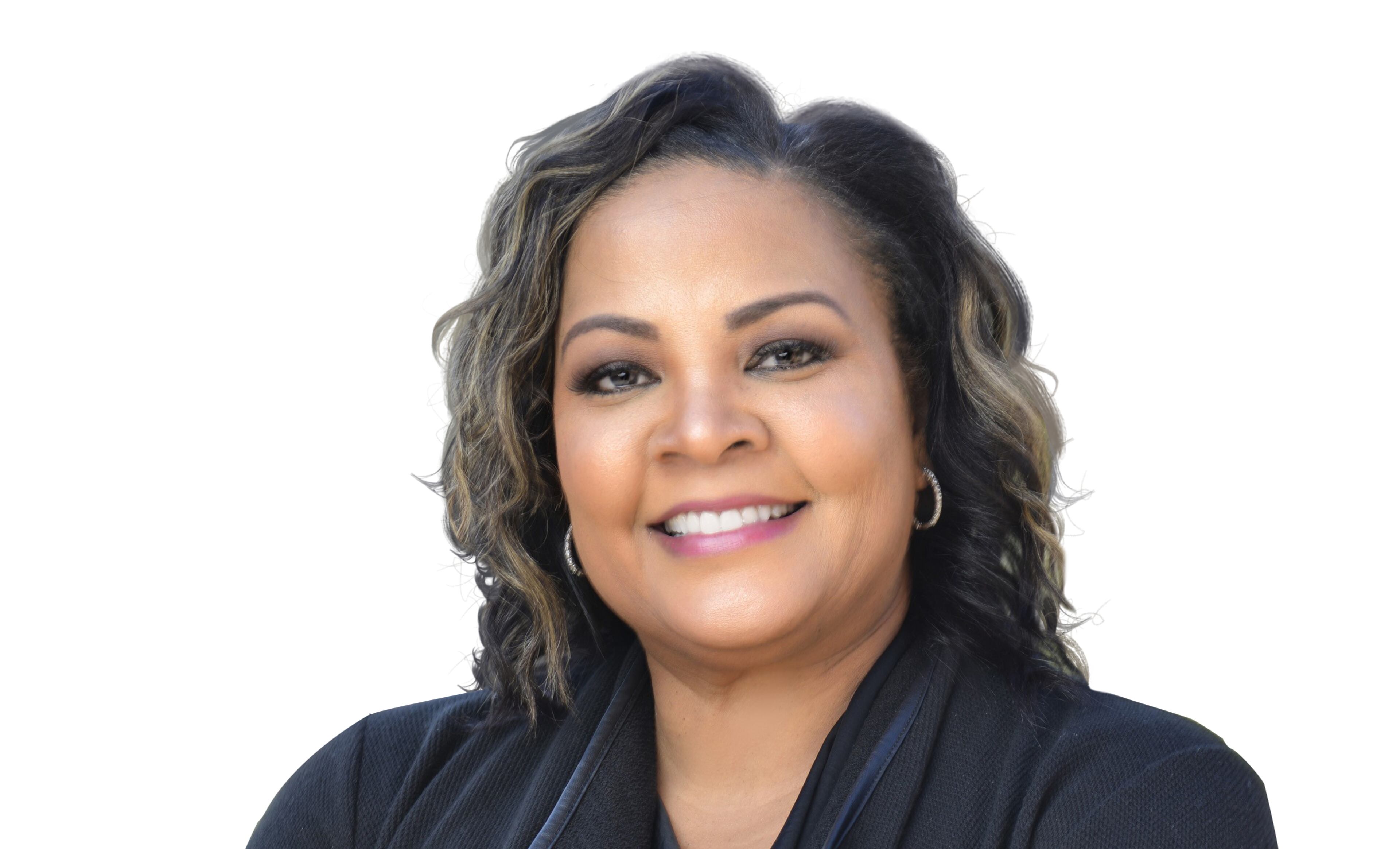Opinion: Time for a closer look at sickle cell disease

While the country examines the impact of race on everything from public safety to college admissions, it’s a good time to ask: With so many American children affected, isn’t it time to boost awareness of sickle cell disease (SCD) with the same rigor we do comparable conditions?
Raised in a predominantly Black American neighborhood, I knew many people, including an entire family, struggling with sickle cell disease. I remember a classmate taken from school in an ambulance -- a traumatic experience that remains clear in my mind. For that family, for that classmate, for today’s families, I am compelled to say, yes. It’s time for that and more.

SCD is a group of inherited and often-debilitating blood disorders most common in the Black community. According to the Centers for Disease Control and Prevention, SCD affects approximately 100,000 Americans. Some 1 in 13 Black Americans are born with the sickle cell trait. People having the trait inherited a sickle cell gene from one of their parents, but usually live a normal life, according to the CDC. The actual disease is inherited when children receive two sickle cell genes -- one from each parent.
Now is the time to bring greater awareness to factors that limit advancements for minority communities, rural communities and people who are faced with economic challenges. It’s difficult to hear about the inequities that SCD patients face, but the only way to bring about change is through awareness and advocacy. Many of my white colleagues have never met a person with SCD. I’m sure if they did, they would act. They know that no one should suffer in silence, especially children.
Did you know that patients with SCD have the highest rate of returning to the hospital within 30 days of discharge? Yet according to the CDC, healthcare providers may doubt the severity of a patient’s pain, creating long wait times for patients to receive the medication needed during their hospital stay. I have heard stories of patients waiting hours to receive treatment when in severe pain.
These limitations have consequences. For instance, even though SCD is the most common and clinically significant inherited blood disorder across the nation, there is a surprising lack of longitudinal studies – research common to disease states that affect far fewer people.
You can help by learning more about SCD from trusted organizations like the Sickle Cell Disease Association of America. In all you do, speak of sickle cell as a disease that affects children, children you know as neighbors, friends or family. Contact members of Congress and demand equitable federal funding for sickle cell research.
It’s time for more people to get screened for the sickle cell trait. My husband and I got screened. Fortunately, we do not carry the trait, but that has not kept us from direct and frank discussions about sickle cell disease with our children, friends and family.
But access to a host of medical care remains difficult. The Sickle Cell Disease Association of America recently announced a “one stop shop” clinical trial finder website. You can now search for sickle cell disease clinical trials by location, phase, study type or relevant keywords through an easy-to-navigate, centralized digital platform: www.sicklecelldisease.net/scdaa-trial-finder/. We hope that resource makes appropriate and available treatment more accessible to more people in more places by making the hunt for sickle cell disease clinical trials less arduous and frustrating.
Businesses can help, too. Aflac has contributed more than $155 million to the Aflac Cancer and Blood Disorders Center in Atlanta, which includes the largest SCD program in the nation. In 2022, our award-winning My Special Aflac Duck® program — created to address psychosocial needs of children with cancer — will be introduced into the pediatric SCD community and include new features designed to help meet needs of children with sickle cell.
Isn’t now the time to raise awareness of sickle cell disease and help improve the lives of 100,000 children and adults? The short answer — the only answer — is yes.
Audrey Boone Tillman is the first Black American and the first woman to hold the title of General Counsel at Aflac Inc.


